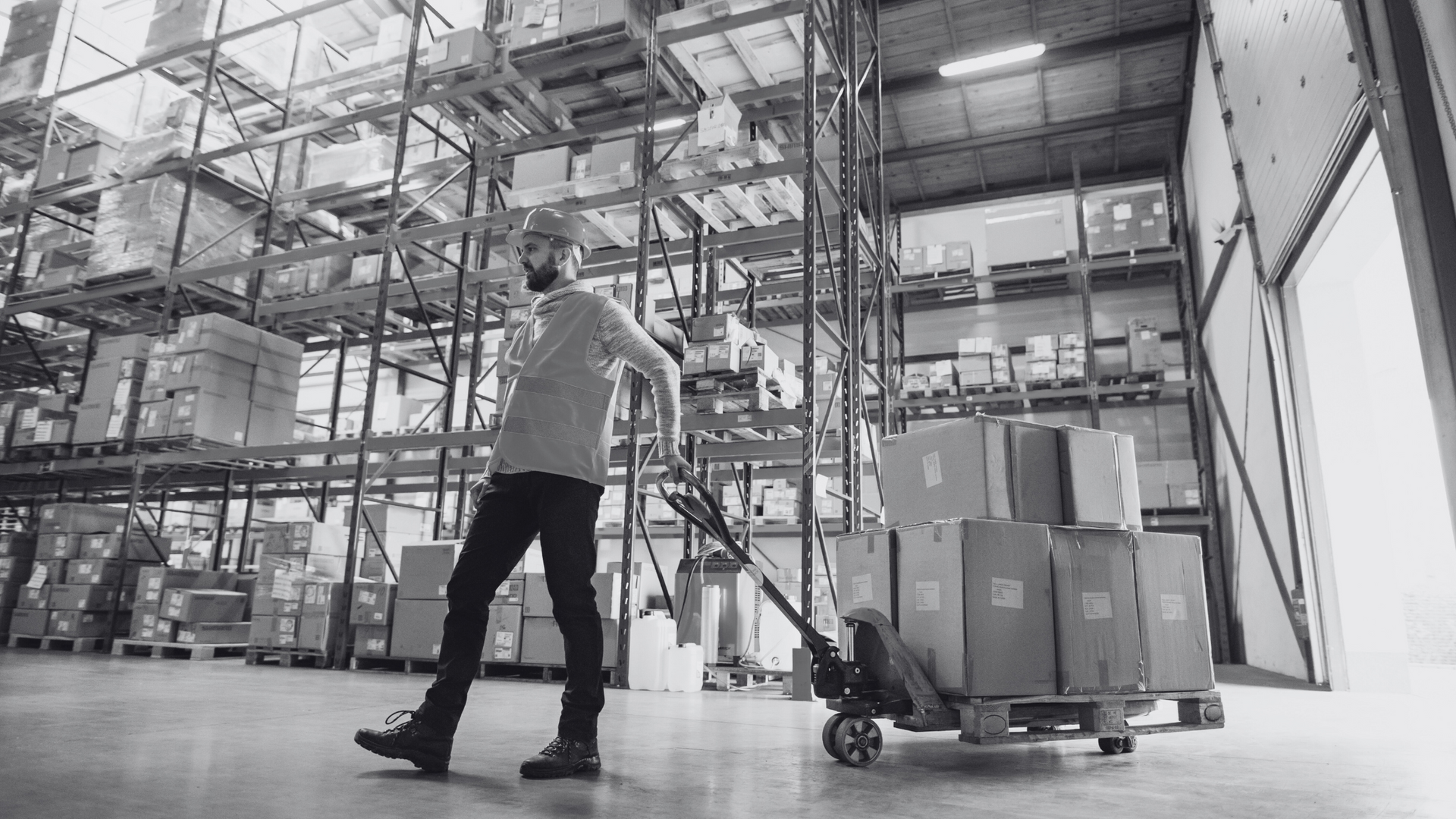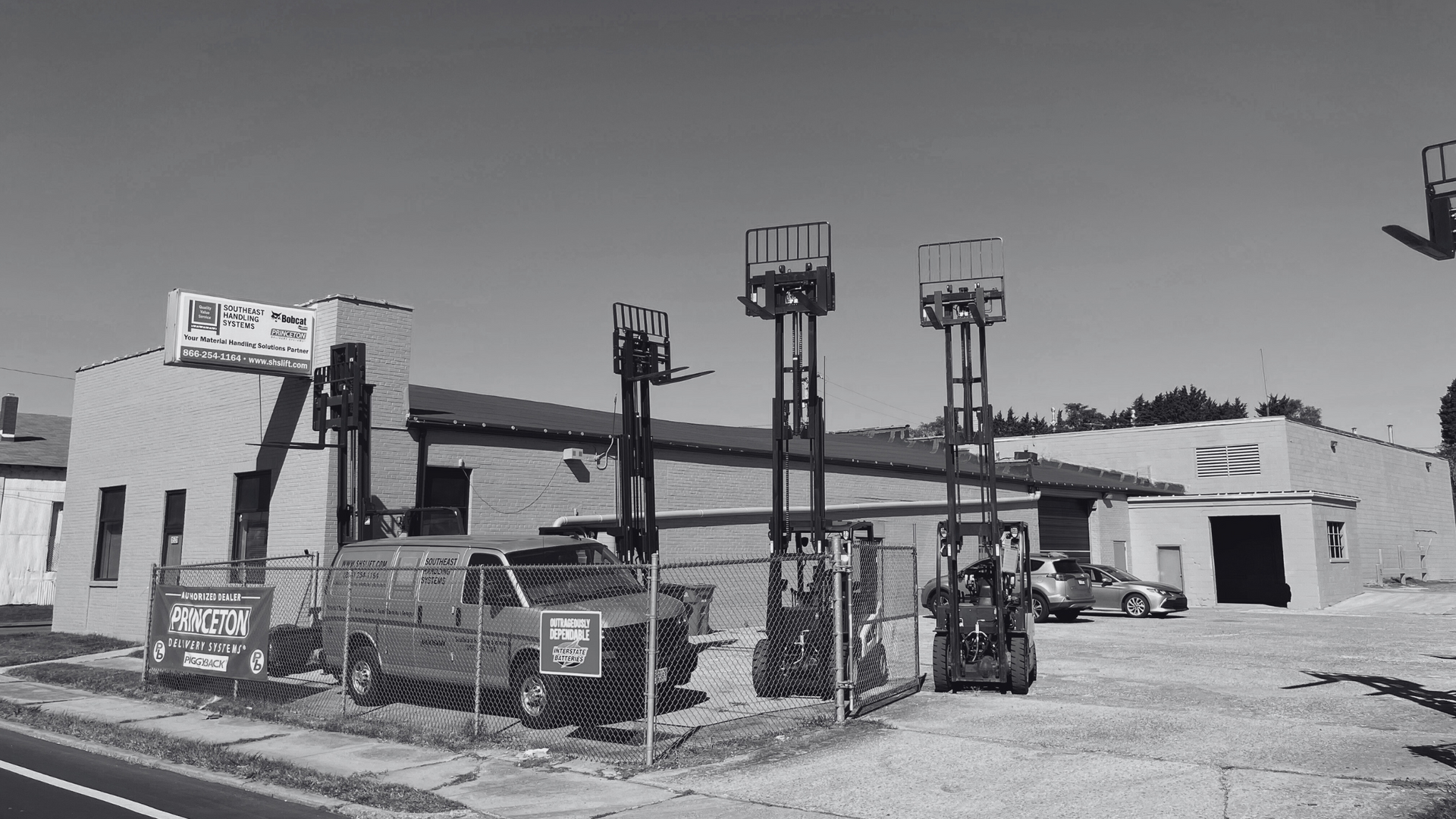Preventing Accidents on National Forklift Safety Day
In the dynamic environment of warehouses and industrial facilities, forklifts stand as essential assets for efficient material handling. However, alongside their utility comes inherent risks, as forklift accidents can result in serious injuries and property damage. In this blog, we delve into common forklift accidents and provide practical tips on how to prevent them. By emphasizing the importance of proper training and awareness, we aim to empower operators and businesses to create safer work environments and reduce the risk of accidents.
Identifying Common Forklift Accidents:
1.Tip-over Accidents:
- Tip-over accidents occur when a forklift becomes unstable and tips over, often due to improper load handling or driving on uneven surfaces.
- These accidents pose significant risks to operators and bystanders, potentially leading to serious injuries.
2. Pedestrian Accidents:
- Pedestrian accidents involve collisions between forklifts and pedestrians, typically occurring in busy warehouse environments with limited visibility.
- Inattentiveness, distractions, and failure to maintain a safe distance contribute to the prevalence of pedestrian accidents.
3. Falling Objects:
- Falling object accidents occur when loads are improperly secured or stacked, leading to objects falling from the forklift and causing injuries or damage to property.
- Insufficient training in load handling procedures and inadequate supervision contribute to the occurrence of these accidents.
4. Overloading:
- Overloading accidents occur when forklifts carry loads that exceed their rated capacity, resulting in instability and potential tip-overs or equipment damage.
- Lack of awareness of load capacity limits and pressure to maximize productivity contribute to the occurrence of overloading accidents.
Preventing Forklift Accidents:
1.Comprehensive Training Programs:
- Implement thorough training programs that cover all aspects of forklift operation, including safe driving practices, load handling procedures, and emergency protocols.
- Southeast Handling Systems offers comprehensive forklift training programs designed to equip operators with the knowledge and skills to operate forklifts safely and effectively.
2. Emphasize Situational Awareness:
- Encourage operators to always maintain awareness of their surroundings, especially in areas with pedestrian traffic or confined spaces.
- Use mirrors, cameras, and warning systems to enhance visibility and reduce blind spots, minimizing the risk of collisions with pedestrians and other obstacles.
3. Proper Load Handling:
- Train operators in proper load handling techniques, emphasizing the importance of securing loads, distributing weight evenly, and avoiding overloading.
- Conduct regular inspections of loads and equipment to ensure compliance with safety standards and prevent falling object accidents. Southeast Handling Systems offers maintenance plans to keep your equipment up to date.
4. Promote a Culture of Safety:
- Foster a culture of safety within the organization by promoting open communication, reporting of near misses, and active participation in safety initiatives.
- Recognize and reward employees for adhering to safety protocols and contributing to a safe work environment, reinforcing the importance of prioritizing safety.
Additionally, Southeast Handling Systems offers Bobcat forklifts, which are equipped with innovative safety features such as the Operator Sensing System. This system restricts vital operations if the operator leaves their seat, ensuring that the forklift remains secure and preventing unauthorized use. Furthermore, an auto parking brake engages automatically if the operator leaves their seat, providing an additional layer of safety and preventing unintended movement.
By understanding the common causes of forklift accidents and implementing proactive measures to prevent them, businesses can significantly reduce the risk of injuries, property damage, and costly downtime. Proper training, awareness, and a commitment to safety are essential components of a comprehensive forklift safety program. Together, let us prioritize safety in the workplace and strive to create environments where forklift accidents are rare occurrences rather than unfortunate realities.




